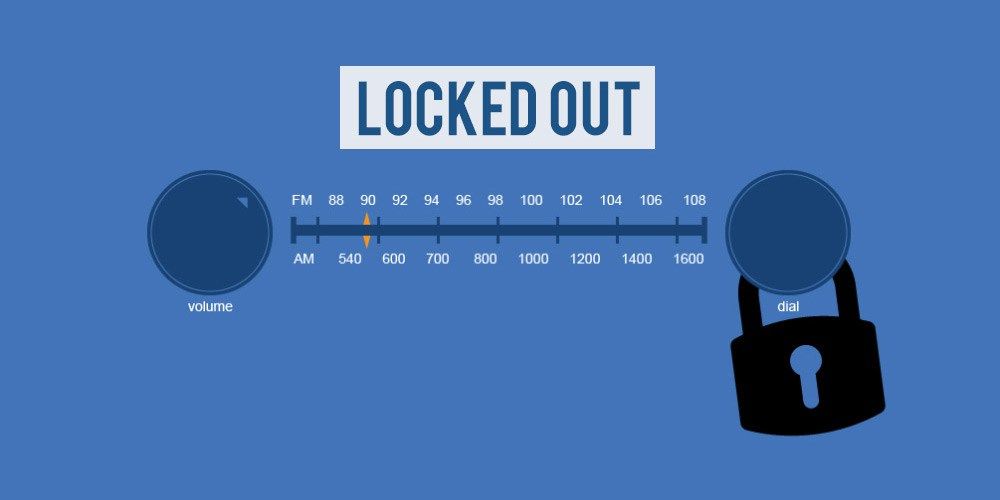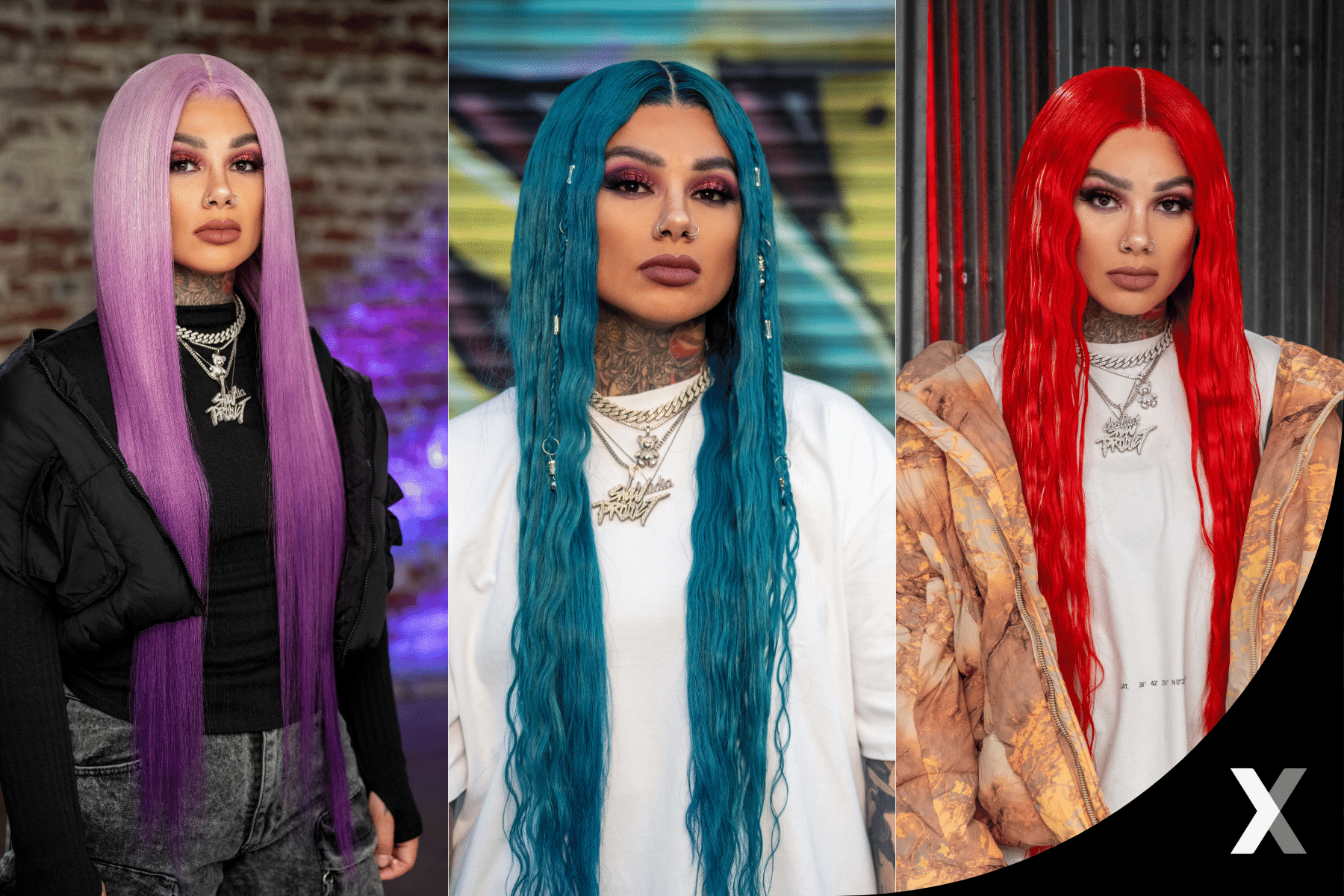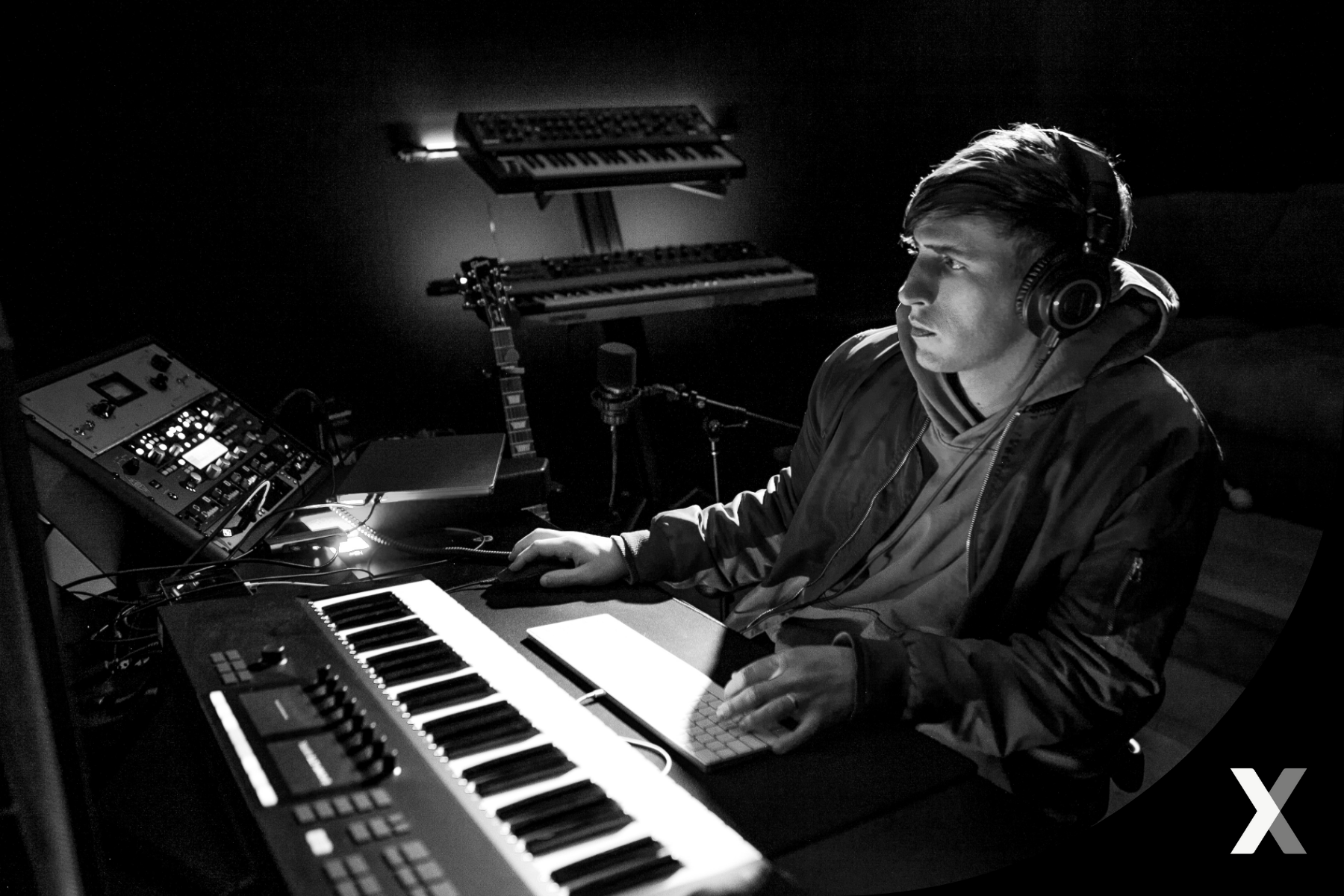Snow Tha Product × göt2be
Latin GRAMMY-nominated rapper and singer Snow Tha Product is partnering with göt2be Color Remix to drive engagement and awareness for the bold...

I’ve written at some length about the difficulties surrounding getting your music played on radio. The bottom line is that unless you’re an artist signed to a major label the chances of you getting any significant radio play for your song is minimal. When I say “significant radio play,” by that I mean airplay during the weekday daylight hours on stations that reach large numbers of people.
This is not meant to imply that you can’t get radio play on some stations, and that the radio play you can get is without value. There are stations out there that play independent artists, and these stations have massive positive impact on the artists’ careers. One station that I reference constantly that does this is WXPN. If you’re interested, I had a great conversation with WXPN’s program director, Bruce Warren, and he provided a lot of insight on this topic.
These stations aside, it is terribly difficult for an independent artist to get play on the radio. This frustrates me to no end. We’ve seen massive disintermediation in the music business over the past two decades. Beginning with ProTools, which enabled artists to create their own master recordings, and thus not have to trade the copyright in their sound recordings to labels in exchange for money to create the recording; to TuneCore, which facilitated the distribution of artists’ work without labels; to social media, which greatly increases the ability of artists to connect directly with their fans, an artist can create, distribute and market their music on their own. With one glaring exception. Perhaps, the most dominant awareness driver of artists is largely inaccessible to all but only a tiny fraction of those making music…RADIO.
Here’s why. In order for a song to get played on big-time radio, there is almost always some form of exchange between those desiring the music to be played, and those playing the music. While there are often lots of layers between the label/artist who desires the play, and the station who plays the music, and while not all of these exchanges would strictly-speaking be deemed payola, only the major labels can really access this system with any degree of success.
This is because while an independent artist may have the means to enter into the exchanges necessary to, in theory, get their music played, they will do so with such less frequency than the majors, that those who are on the other end of the exchange will, of course, prioritize the majors over the independents.
The other issue is that there is what I call a “gray market” around this type of airplay. What I mean is this: because Payola is illegal, there is no rule of law that in a legal system would enforces contracts between those who are paying for play, and those accepting the money to deliver it, and thus no legal recourse for lack of performance exists.
The majors aren’t terribly bothered by this, because if they do not receive sufficient performance/results for their money, they simply move to another service provider. The service providers, knowing this, therefore attempt to provide at least adequate-enough results so that the labels keep coming back.
However, for the independent sector, no such incentive exists. That is, even if the artist is able to pay the money required to increase the likelihood of their song being played on radio, the intermediaries have little-to-no incentive to deliver. Because, if they don’t deliver what will the artist do? They know the artist/indie label can’t sue them; they’re not worried that the artist won’t use their services again, because they were unlikely to do so anyway.
This is the problem with systems that are outside the rule of law: those who enter the system have no legal recourse when a bargained for exchange is not kept. Add to this a lack of incentive based on frequency (i.e. providing good service in the hopes that you will retain the customer), and you have a deeply broken system. What must be created, therefore, is a system in which the artists entering into the bargain are doing so with a party who can legally be held accountable for performance, and that through the scale that will result from such a system, the stations and intermediaries will have incentive to not just take the money, but perform as well.

Latin GRAMMY-nominated rapper and singer Snow Tha Product is partnering with göt2be Color Remix to drive engagement and awareness for the bold...

EDM artist ILLENIUM is partnering with the California Department of Public Health to talk about the dangers of Fentanyl, his own substance use...

UScellular® and Chase Rice have partnered to promote the power of unplugging to connect with what matters most.